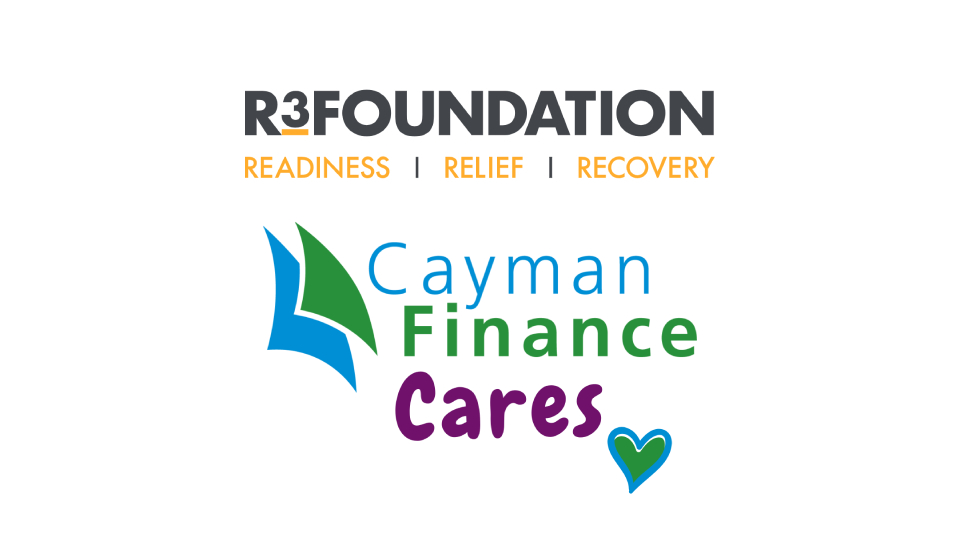
Sometimes it is good to place last. The Cayman Islands did just that in TMF Group’s 2023 Global Business Complexity Index, which looked at the rules and requirements for doing business in 78 jurisdictions.
Looked at it upside down, the Cayman Islands is the world’s least complex country to do business in, based on 292 indicators ranging from the complexity of business environments and covering legislation to compliance, accounting procedures, tax regimes, human resources rules and payroll processes.
The report noted Cayman retained its leadership position because it offers simple entity incorporation and accounting and tax standards, which make setting up and operating a business relatively easy.
“Cayman is way ahead of the curve compared to the rest of the world, when it comes to regulatory and compliance legislation,” TMF Group said, adding that Cayman regulations were transparent and clear.
Compared to onshore jurisdictions where there is the complexity of taxes, offshore jurisdictions can benefit from an easier way of doing business, the report said.
All this comes despite a fundamental shift towards the adoption of global regulatory compliance requirements in the Cayman Islands, including ultimate beneficial ownership, anti-money laundering (AML), and tax reporting under FATCA and the Common Reporting Standard (CRS).
TMF Group said, businesses in the Cayman Islands are now well aware of these requirements and navigating them has become a familiar task for many multinational entities.
Nevertheless, there are some challenges for new clients operating in the Cayman Islands who may not be used offshore jurisdictions.
“For example, businesses can be surprised by the level of detail required for know-your-customer (KYC) and AML purposes, thus making the process of opening a bank account a more rigorous affair. However, this level of regulation feeds into the stability of the jurisdiction and its standing as a global financial centre,” the report concluded.
| 10 least complex jurisdictions | 10 most complex jurisdictions | ||
| 1 | Cayman Islands | 1 | France |
| 2 | Denmark | 2 | Greece |
| 3 | Curacao | 3 | Brazil |
| 4 | The Netherlands | 4 | Mexico |
| 5 | Hong Kong | 5 | Colombia |
| 6 | British Virgin Islands | 6 | Turkey |
| 7 | United Kingdom | 7 | Peru |
| 8 | New Zealand | 8 | Italy |
| 9 | Jersey | 9 | Bolivia |
| 10 | Malta | 10 | Argentina |
At the other end of the spectrum, France tops this year’s GBCI, following two years in second position.
The maintenance of traditional ways of working, such as the use of the French language, and historically stringent employee protection laws are some of the factors making France the most complex jurisdiction for doing business.
In addition, France tends to be an early adopter of international legislation, resulting in the frequent implementation of regulatory changes. In the long term, however, the country becomes more simplified and stable, with investors knowing where they stand compared to jurisdictions that may be slower at implementing global standards, the study found.
Global compliance challenges
Compliance requirements, such as reporting on ultimate beneficial owners (UBO) and persons of significant control (PSC), have been a core part of conformity processes around the world in recent years, while KYC and AML regulations have been adopted by at least some industries across all jurisdictions.
Many jurisdictions are observing a tightening of global compliance regulations such as KYC and UBO reporting and 43% expect further regulatory compliance reporting for businesses within the next year.
ESG criteria are also increasingly prominent, with companies now required to abide by at least one requirement in the majority of jurisdictions.
Half of jurisdictions (51%) require companies to comply with workforce diversity laws, with over one quarter (27%) demand companies to report on it.
Almost half (49%) of jurisdictions require all companies to submit reports on employee demographics to government authorities, which has continued to grow year on year.
With reporting requirements for ESG likely to increase, and not just for public and listed companies, TMF predicts there will be pressure to navigate the new and upcoming legislation.


